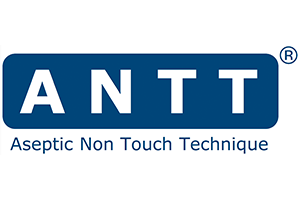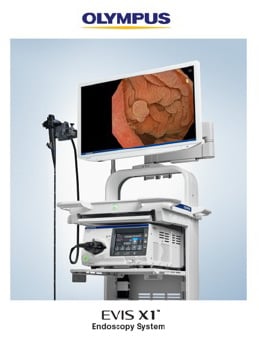The information, including but not limited to, text, graphics, images and other material, contained on this website is for educational purposes only and not intended to be a substitute for medical advice, diagnosis or treatment. Always seek the advice of your physician or other qualified health care provider with any questions you may have regarding a medical condition or treatment.
No warranty or guarantee is made that the information contained on this website is complete or accurate in every respect. The testimonials, statements, and opinions presented on our website are applicable to the individuals depicted. Results will vary and may not be representative of the experience of others. Prior patient results are only provided as examples of what may be achievable. Individual results will vary and no guarantee is stated or implied by any photo use or any statement on this website.
Ramsay Health Care UK is not currently recruiting for any roles based outside of England. If you are interested in applying for a role with Ramsay Health Care UK, please note that all available positions are advertised exclusively on our official website: https://www.ramsayhealth.co.uk/careers. Be cautious of individuals or organisations that approach you directly for remotely-based roles. Always verify the authenticity of the job offer and be careful with whom you share your personal information. For more information and advice on employment fraud, please visit: https://www.ramsayhealth.co.uk/careers/recruitment-fraud


